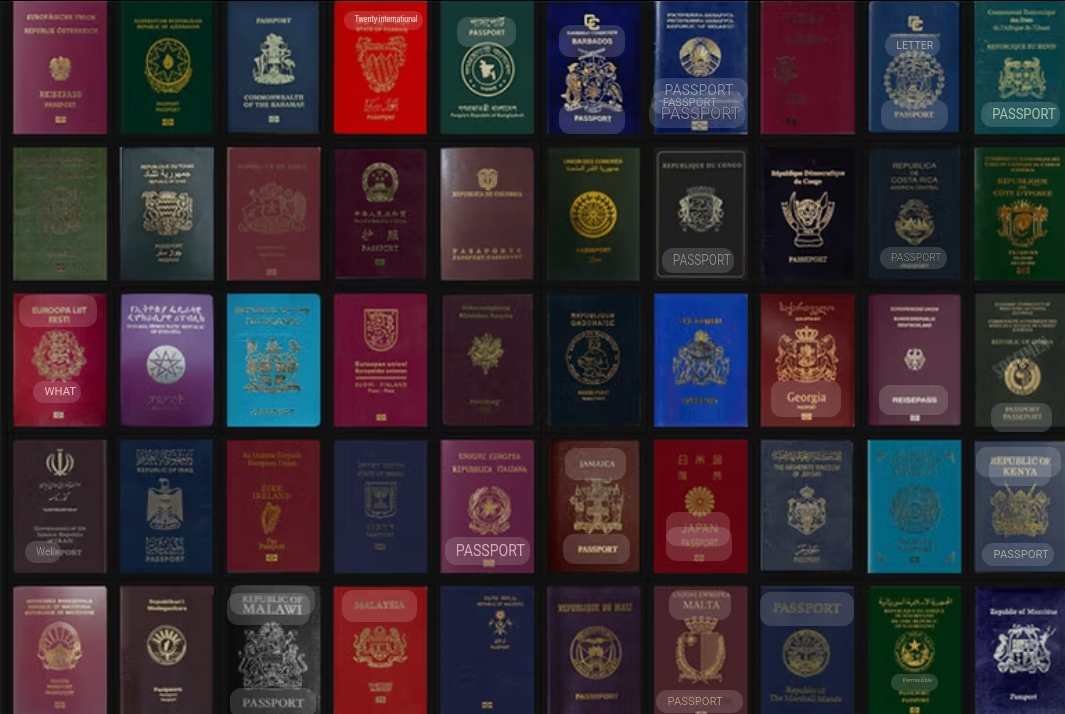
“Our citizenship is in heaven, and we eagerly await a Saviour from there, the Lord Jesus Christ.” Philippians 3:20
There is a loyalty that runs deeper than blood, birthplace, or passport. The moment we surrendered our lives to Christ, we received a new citizenship. We have been “delivered from the domain of darkness and transferred to the kingdom of his beloved Son” Colossians 1:13. This does not erase where we come from or the culture that shaped us, but it does place everything under a higher allegiance.
We live in nations, we respect their laws, and we seek their good. “Let every person be subject to the governing authorities. For there is no authority except from God, and those that exist have been instituted by God” Romans 13:1. And Jeremiah 29:7 reminds us to “seek the peace and prosperity of the city” where God has placed us. A Christian should be a blessing to their land—working, serving, paying taxes, loving neighbours. As Jesus Himself said, “Render to Caesar the things that are Caesar’s, and to God the things that are God’s” Mark 12:17. But our deepest loyalty is never to a flag or anthem. It is to Christ.
The boundary becomes clear when earthly loyalty demands what God forbids. If loving our country leads us to despise strangers, we have crossed it—for “you shall love the foreigner, for you were foreigners in Egypt” Deuteronomy 10:19. If pride in our culture blinds us to the image of God in others, we have lost our way—because in Christ “there is neither Jew nor Greek, slave nor free, male nor female, for you are all one in Christ Jesus” Galatians 3:28. If national rhetoric drowns out Christ’s call to love enemies (Matthew 5:44), forgive offenders (Matthew 6:14–15), and welcome the poor (Proverbs 14:31), then our identity has shifted from kingdom to nation.
Daniel served Babylon faithfully, yet refused to bow to its idols (Daniel 3:16–18; Daniel 6:10). The apostles respected Rome’s authority, yet declared, “We must obey God rather than men” Acts 5:29. And Hebrews reminds us of the faithful who “admitted that they were foreigners and strangers on earth” and who “were longing for a better country—a heavenly one” Hebrews 11:13–16. Their example teaches us this: we can honour our nation, but we must worship God alone.
So today, ask yourself:
Do I define myself more by my nationality than my faith?
Do I let politics shape me more than the gospel?
Do I see believers from other nations as less “mine” than my own people?
Our ultimate identity is in Christ. Nations rise and fall (Isaiah 40:15, 17), borders shift, but the Kingdom of God is everlasting (Daniel 2:44). Let your flag fly below the cross, never above it.
Lord, thank you for the place and people you have set me among. Help me to bless my nation without idolising it, to honour authority without compromising obedience to you, and to love all people as citizens of your kingdom. My heart belongs to you first. Amen.
Faithful Politics in a Divided Age
